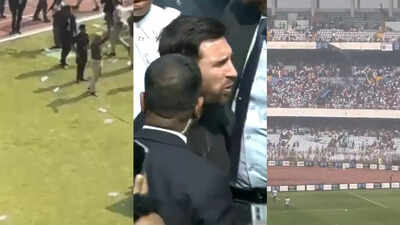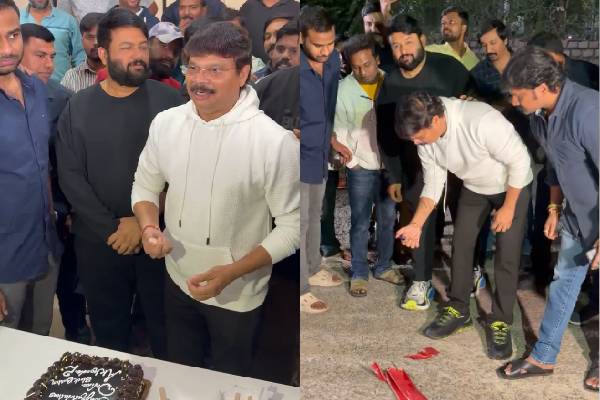Well, this is a problem.
An in-game ESPN interview with Kiké Hernandez Sunday led to the broadcast tipping Los Angeles Dodgers pitches against the St. Louis Cardinals.
Here’s how it went down.
With the Cardinals at the plate in the top of the third inning, ESPN went to Hernandez for an in-game interview with broadcasters Karl Ravech, David Cone and Eduardo Pérez. Hernandez was playing and covering third base during the interview.
Hernandez’s PitchCom makes an appearance
Hernandez answered questions about his opponents and provided game commentary with rookie Cardinals speedster Victor Scott II at the plate. Scott reached first on an infield single that put a double-play in play and Hernandez on alert at third. Hernandez then turned up the PitchCom speaker his his ear. There was a problem.
“I need to turn my PitchCom higher,” Hernandez said. “I can’t hear it with you guys.”
“You guys,” in this instance, were the ESPN broadcasters who were also in his ear.
‘Can you guys hear that?’
Hernandez turned his PitchCom device up. As soon as he did, a new voice joined the broadcast. It appeared to say “fastball, away.”
Hernandez then asked: “Can you guys hear that?”
They could. Ravech answered: “I think they said fastball, away.”
The next pitch from Gavin Stone was a 95 mph four-seam fastball.
This continued throughout the inning, with the mystery voice audibly announcing “changeup,” “fastball in” and “fastball away” on multiple occasions. Each time, the call coincided with the incoming pitch.
Hernandez, meanwhile, continued to answer questions that covered the gamut from queries about the weather in Los Angeles and whether the rally banana would return to Dodger Stadium.
None of it was particularly compelling for viewers. But the revelation of incoming pitches certainly was. The inning carried on without interruption of the interview or the tipped pitches. The Cardinals put three men on base and plated a run on a Paul Goldschmidt RBI single. The Dodgers went on to a 5-4 win.
It’s unlikely that the Cardinals would have been able to take advantage of the snafu. Any delay in the broadcast from live action would render the information useless. But still. This is an issue that should and certainly will be addressed. It wouldn’t be a problem to begin with without the insistence of the in-game interview that’s made its way from All-Star games to games that matter.
It’s a step in the broadcast evolution from dugout and sideline interviews that rarely produce anything of interest or consequence for viewers at home — Sunday’s interview with Hernandez notably excepted.





